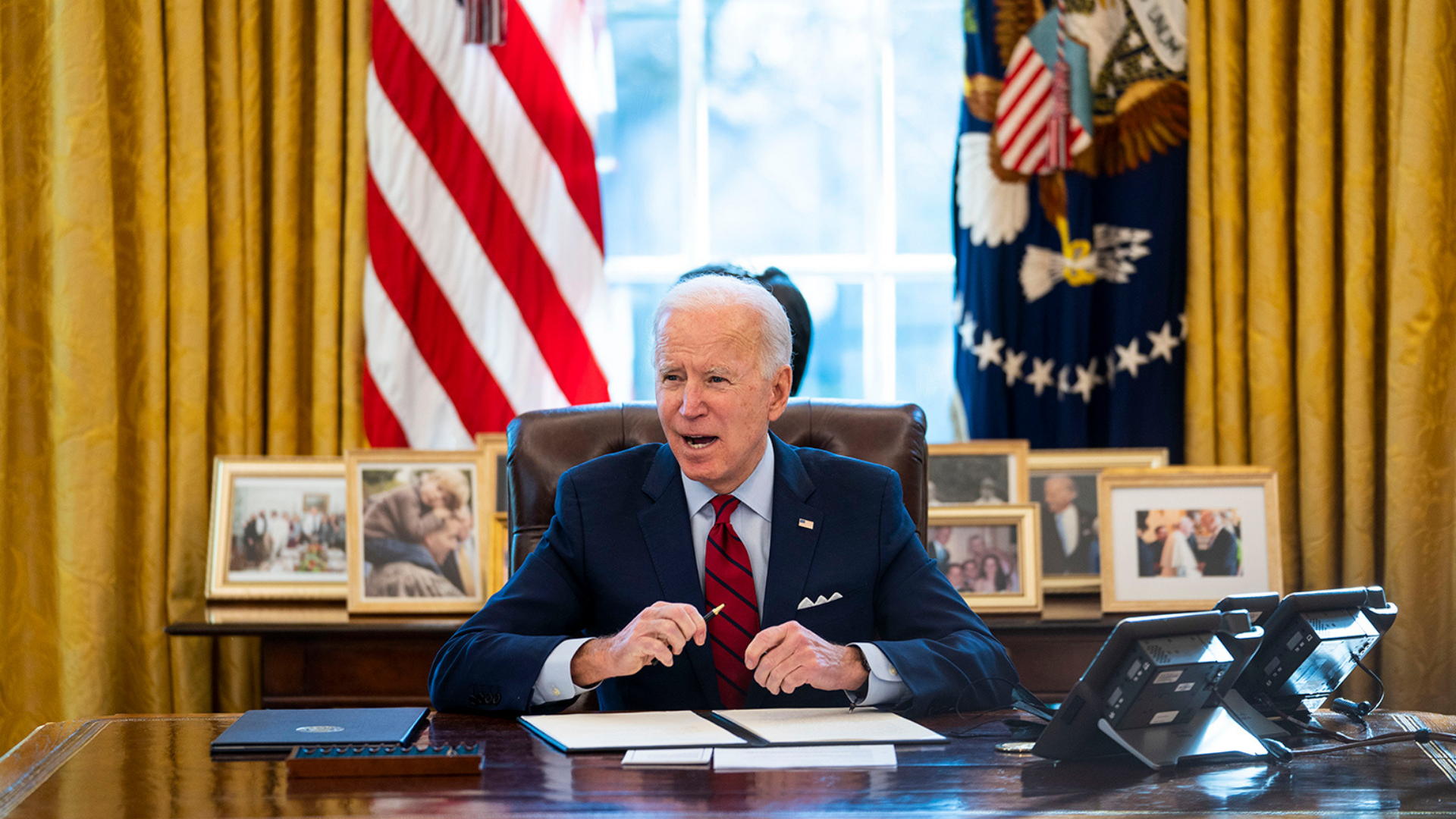“Now, with auto-enrolment, more people have defined contribution workplace pensions, but the minimum you pay into these is eight per cent [of your salary]. That is unlikely to be enough to give up work completely and still have enough money to last until you die.”
A common rule of thumb is that you should aim to save enough for a yearly pension income equivalent to half to two thirds of the salary you are comfortable living on now.
But this usually assumes that by retirement you will have paid off most of a mortgage. Unlikely, for most future retirees. A third of millennials are expected to rent forever.
Research by The Investing and Saving Alliance, an industry body, found that renters can expect to run out of private pension savings 12 years before homeowners.
“We know that as a result of changes to the pension system resulting in less-secure pensions, rises in house and living prices and sluggish economic growth over the past decades, it is getting harder for current generations of workers to save enough for an adequate retirement,” says Lily Parsey, global policy and influencing manager of the International Longevity Centre UK. All of which have been worsened by the pandemic.
She points out that those entering the workforce need to save an average of just over 18 per cent of their earnings every year in order to have an “adequate” income in retirement. In order to match the amount of savings that those who are retired at the moment have, you need to save even more – over 20 per cent of earnings.
Advertising helps fund Big Issue’s mission to end poverty
As it is, just over 12 per cent of people in the UK are saving more than 15 per cent of their incomes for retirement.
There are practical steps that both workers and the government could take to improve the likelihood of today’s 20, 30 and 40-somethings ever being able to give up work.
Employers could be expected to contribute more into workers’ pots. At the moment the legal minimum is just three per cent.
Now: Pensions is campaigning for the age at which contributions are made to be lowered from 22 to 18, the longer you save the more you can benefit from compounding interest and the benefit of your pension pot being invested in the stock market.
There is also pressure to lower the threshold at which employers have to pay into a pension. At present you are not auto-enrolled if you earn less than £10,000, which excludes 2.5 million of the lowest paid, or those with multiple part-time jobs, mostly women. A number that has grown during the pandemic.
Meanwhile, the growing army of self-employed and gig workers are not being encouraged to save into pensions at all.
Advertising helps fund Big Issue’s mission to end poverty
We could also be more mindful of where pensions are invested.
Huw Davies, senior finance adviser at Make My Money Matter, says moving to a more ethical pension fund could actually mean your savings work harder: “The myth that investing with your conscience means sacrificing returns no longer holds true. Throughout the most acute period of the pandemic, sustainable funds actually outperformed their peers as UK pension funds experienced a £2bn hit to returns due to the collapsing price of oil. The UK’s largest pension provider, Nest, consistently ranks its ethical fund as its highest performer.
“Savers now have a choice – to invest in the dying industries of the past or those that are working to build a world that’s actually worth retiring into.”
But perhaps the most sustainable solution of all lies in changing our attitudes to work throughout our lifetimes, rather than gearing up to work until we drop.
“The future of work is likely going to be far from the traditional concept of a three-stage life: full-time education followed by full-time work, followed by
full-time retirement,” says Parsey. “We need to adapt to a new normal where we might find more periods in our lives where we’re caring for a loved one or we’re dipping in and out of work as we learn or retrain.
“It’s vital that policy steps up to support people… to make all jobs flexible by default, to allow people to juggle work and caring responsibilities, as opposed to having to give up one for the other.”
Advertising helps fund Big Issue’s mission to end poverty
Laura Whateley is The Big Issue’s Ride Out Recession Alliance correspondent.









